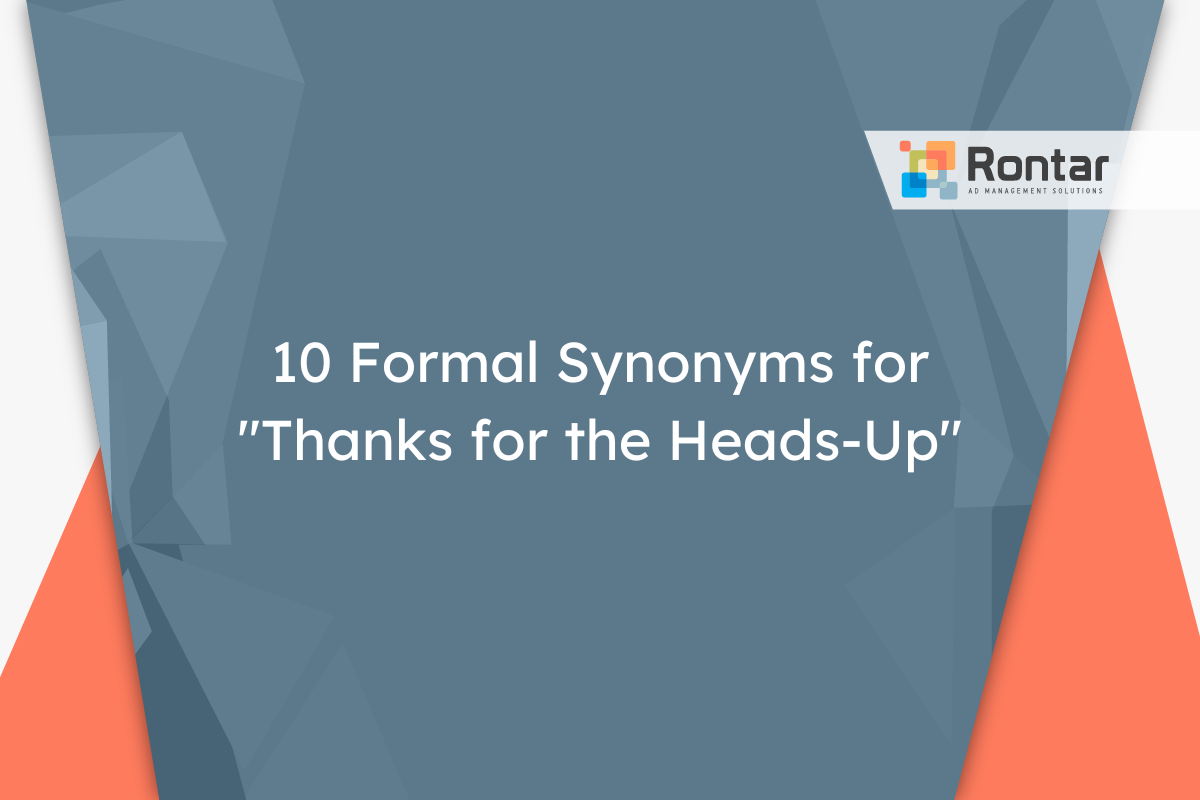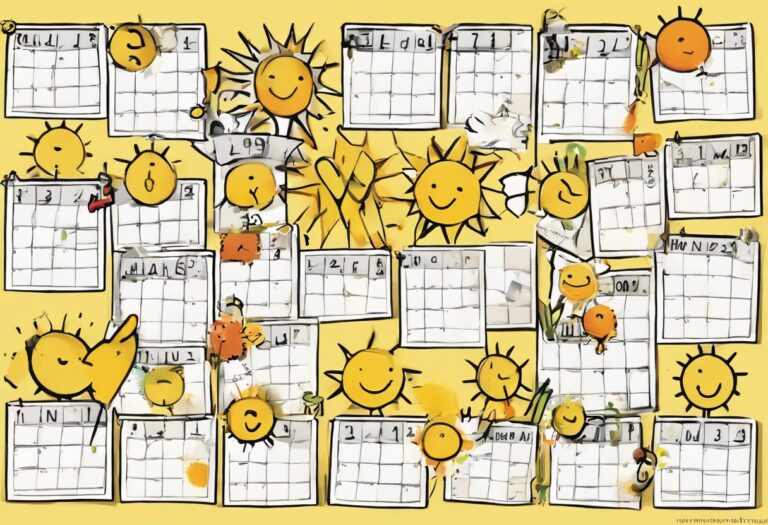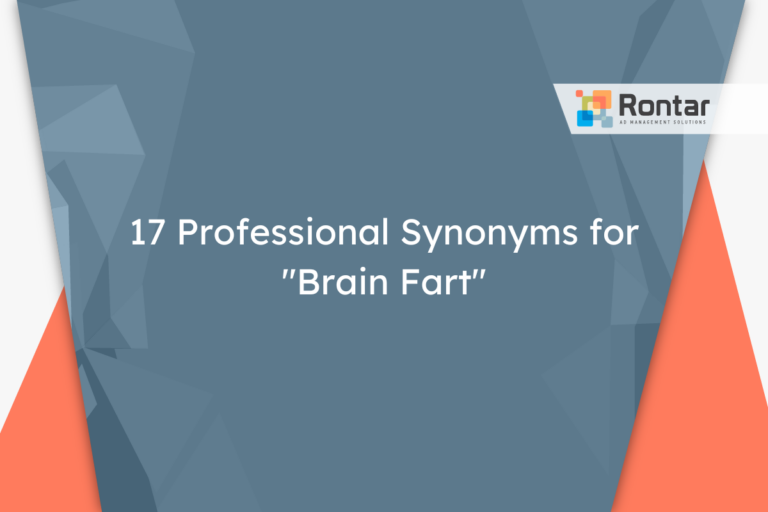10 Formal Synonyms for “Thanks for the Heads-Up”

In the professional world, it’s crucial to communicate appreciation and thanks in a formal way. Saying “thanks for the heads-up” is friendly, but there are situations where a more formal tone is required.
This article lists 10 formal alternatives to express gratitude for advance notice. Each alternative is explained with examples and suitable contexts to ensure clear and appropriate communication in your professional interactions.
Is It Formal to Say “Thanks for the Heads-Up”?
The phrase “thanks for the heads-up” leans more towards informal and polite contexts. While it conveys gratitude and acknowledgment of information received in advance, its casual tone may not align with traditional formal or professional settings. However, its politeness is undeniable, making it suitable for more relaxed professional environments or among colleagues with whom you have established a semi-formal rapport.
In professional settings, it’s best used when you want to express appreciation for being alerted about something important in a friendly but respectful manner. Conversely, in more strictly formal environments, choosing a more traditionally formal phrase might be preferable.
Here’s an example of using this phrase in an email:
Dear Alex, I wanted to extend a sincere thanks for the heads-up regarding the changes to the project timeline. It allowed us to adjust our plans accordingly. Best regards, Emily
Let’s look at the pros and cons of using this phrase.
Pros:
- Shows gratitude in a friendly manner.
- Suitable for less formal or semi-formal professional contexts.
- Conveys the message succinctly.
Cons:
- May not be suitable for very formal contexts.
- Could be perceived as too casual in certain professional settings.
Someone might consider using an alternative phrase to “thanks for the heads-up” if they find themselves in a situation that demands a higher level of formality or when addressing someone with whom they have not yet established a casual rapport. In such cases, finding a synonym or alternative phrase that aligns with the formal tone expected in those interactions is essential. Alternatives are particularly useful when you want to maintain professionalism without sacrificing the politeness or gratitude expressed by the original phrase.
10 Other Ways to Say “Thanks for the Heads-Up”
Here are 10 formal alternatives to “thanks for the heads-up” that convey appreciation in a professional setting.
- Thank you for the advance notice.
- I appreciate the early warning.
- Grateful for the forewarning.
- Thank you for the alert.
- Your heads-up is much appreciated.
- Thank you for keeping me in the loop.
- Appreciate your proactive approach.
- Thankful for the heads-up.
- Thank you for the preemptive information.
- Grateful for the heads-up.
1. Thank you for the advance notice.
This alternative is slightly more formal than the original phrase and conveys a similar level of gratitude for being informed ahead of time. It maintains a professional tone and is particularly suitable for use in written communications. This synonym strengthens the formal aspect of the message, making it ideal for emails and formal letters.
When needing to express gratitude for being informed in advance in emails or official documents, we recommend this alternative for its blend of professionalism and politeness. It is perfectly suited for situations where a more formal expression is required without losing the essence of appreciation.
Here’s a sample email using this alternative:
Dear Mr. Thompson, Thank you for the advance notice about the change in our meeting schedule. It allowed for necessary adjustments to be made on my end. Sincerely, Margaret
2. I appreciate the early warning.
This phrase is a polite yet professional way of showing gratitude for receiving information beforehand. It’s similar to “thanks for the heads-up” but carries a slightly more formal undertone. This makes it a great synonym for use in professional emails or conversations where you wish to express appreciation.
This option is better suited for situations where the information received has allowed you to avoid potential issues. We recommend using this alternative when you want to explicitly acknowledge the helpfulness of receiving early information, particularly in scenarios where being given a heads-up has helped avert complications.
Below is an example message using this alternative:
Dear Lena, I appreciate the early warning regarding the upcoming system update. It enabled our team to prepare accordingly. Best, Oliver
3. Grateful for the forewarning.
This option is more formal and conveys a strong sense of gratitude. It is an excellent synonym for expressing appreciation in a professional context. It implies a deeper level of thankfulness and is highly suitable for written communication, especially when wanting to emphasize the significance of the warning provided.
Using this phrase is particularly effective in situations where the advance information received had a substantial impact, allowing for significant preparatory actions. It is a dignified way to convey thanks and is best utilized in more formal correspondences or when addressing higher-ranking officials.
A sample email utilizing this phrase is shown below:
Hello Dr. Sanders, Grateful for the forewarning about the departmental review process changes. It significantly influenced our preparation strategy. Warm regards, Jacob
4. Thank you for the alert.
This phrase maintains a professional and polite tone, making it another great alternative to “thanks for the heads-up.” It’s succinct and clearly communicates gratitude for receiving timely information, making it a suitable synonym for most professional contexts.
Opt for this expression when you wish to acknowledge receiving an alert in a straightforward and formal manner. It’s especially fitting for use in email communications where brevity is appreciated but a formal acknowledgment is necessary.
Here’s a sample usage in an email:
Dear Caroline, Thank you for the alert on the revised submission deadlines. It was crucial for our planning. Regards, Sean
5. Your heads-up is much appreciated.
While keeping the original term ‘heads-up,’ this phrase elevates the level of formality and appreciation. It transitions smoothly between formal and informal tones, making it a versatile synonym for a variety of professional settings.
This alternative is better when aiming to maintain a balance between formality and informality in your message. It’s particularly useful in emails to colleagues you have a friendly relationship with but still wish to keep the communication professional.
A quick sample email would look like this:
Hello Greg, Your heads-up is much appreciated regarding the client feedback. It helped us adjust our approach promptly. Best, Andrea
6. Thank you for keeping me in the loop.
This phrase is a polite, professional way to express gratitude for being kept informed. It emphasizes the value of continuous communication and is a good synonym for those looking to acknowledge ongoing updates rather than a single heads-up.
It is particularly fitting for longer projects or collaborations where staying updated is crucial for success. This alternative works well in maintaining formal yet friendly correspondence, promoting open communication channels.
Here’s how you might use it in an email:
Dear Simone, Thank you for keeping me in the loop regarding the project's progress. It's invaluable for coordinating our efforts effectively. Best wishes, Derek
7. Appreciate your proactive approach.
This phrase is notably formal and expresses gratitude not just for the information provided but also for the foresight and initiative shown. It’s a sophisticated synonym that acknowledges the extra effort taken in providing the heads-up.
This alternative is excellently suited for instances where you want to commend not only the act of receiving important information in advance but also the thoughtfulness and anticipation demonstrated by the informer. It’s perfect for fostering a culture of proactive communication within professional environments.
An email example employing this phrase:
Dear Franklin, Appreciate your proactive approach in alerting us to the software update requirements. Sincerely, Rebecca
8. Thankful for the heads-up.
“Thankful for the heads-up” is a polite acknowledgment that sticks closely to the original phrase while adding a hint of formality. It’s a synonym that works well in professional messages, especially when you want to express gratitude sincerely.
This phrase is particularly suitable for cases where you want to convey a genuine sense of thankfulness for the advance information. It’s effective in emails or notes where maintaining a professional yet appreciative tone is essential.
Here’s an example of it in use:
Dear Joan, Thankful for the heads-up on the upcoming policy changes. This allows us to adapt smoothly. Kind regards, Nathan
9. Thank you for the preemptive information.
This formal synonym elevates the original message by emphasizing the preemptive nature of the information shared. It conveys a professional and appreciative tone, making it suitable for more formal or serious contexts.
This alternative is ideal in scenarios where the early information provided has a significant impact, allowing for substantial preparation or adjustment. It underscores the value of the information received and is best used in communications where the importance of foresight and preparation needs to be acknowledged.
Here is how you can incorporate it into an email:
Dear Helena, Thank you for the preemptive information about the legal department's new requirements. Warm regards, Phillip
10. Grateful for the heads-up.
Like “thankful for the heads-up,” this phrase is polite and almost mirrors the informality of the original, with an added touch of formality. It’s suitable for all professional messages where acknowledging the heads-up is required without being overly formal.
Preferred for its mix of gratitude and professionalism, this alternative is excellent for thank-you notes, emails, or any form of professional correspondence where you want to convey sincere thanks.
And here’s a sample email:
Dear Morgan, Grateful for the heads-up about the server maintenance window. It ensured no disruption in our work. Best, Kelly
Final Thoughts
Choosing the right way to say “thanks for the heads-up” in a professional setting matters. The alternatives we’ve shared can fit different formal contexts, making your communication clearer and more suitable.
Whether you’re thanking someone for a proactive alert, acknowledging their timely warning, or appreciating their effort to keep you informed, there’s a formal synonym that matches the tone you’re aiming for.






